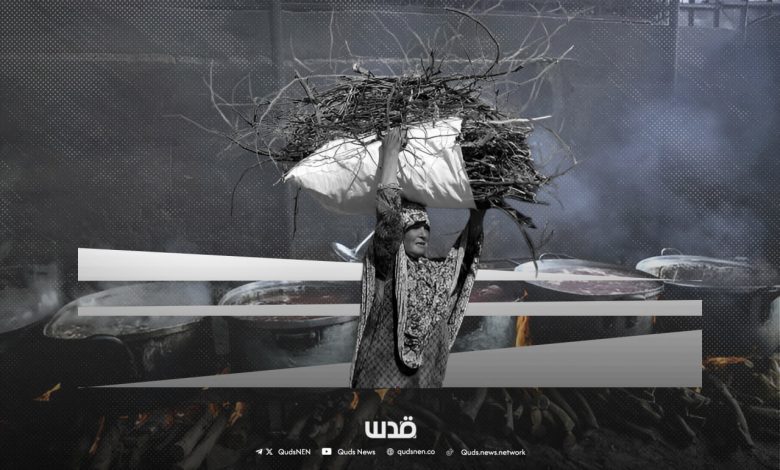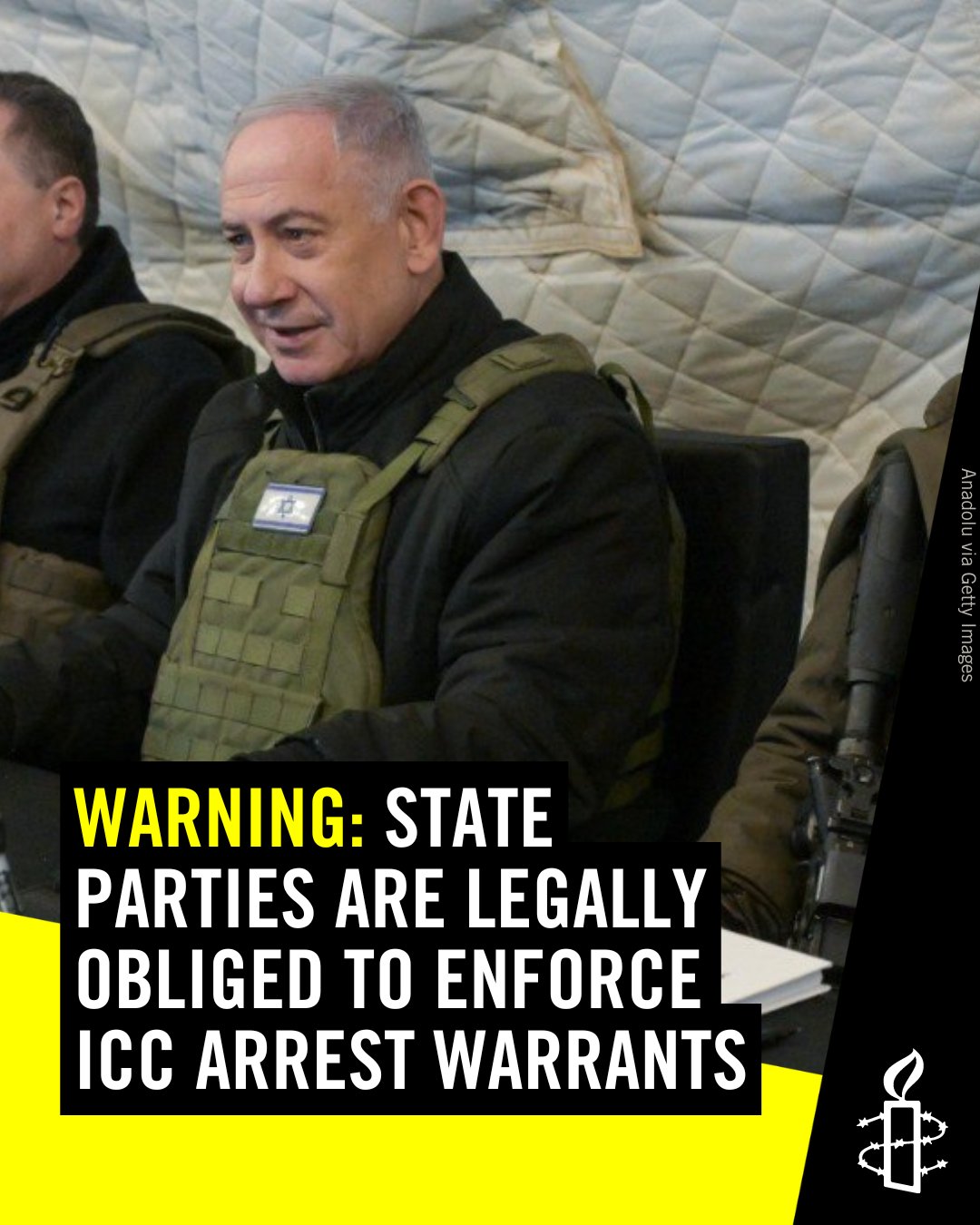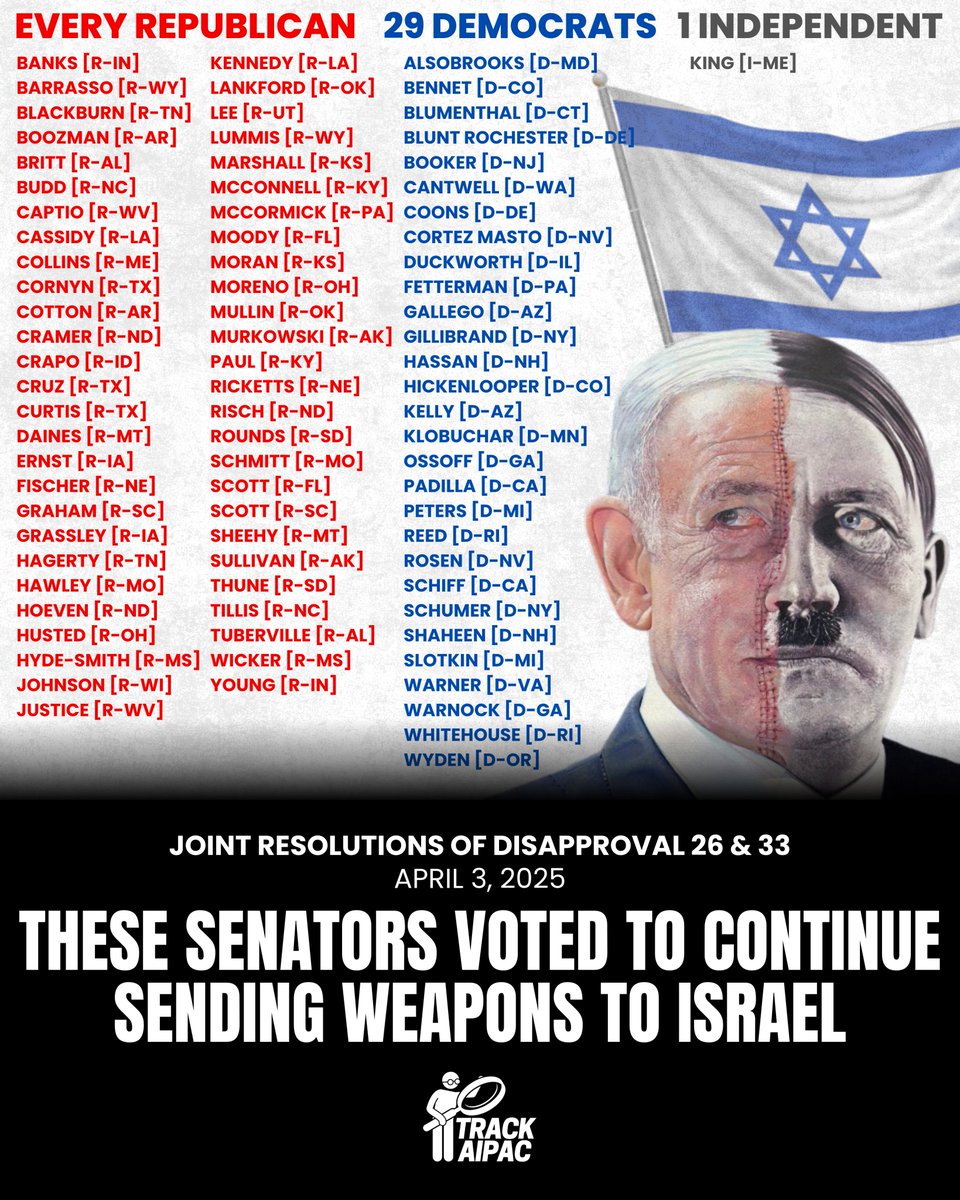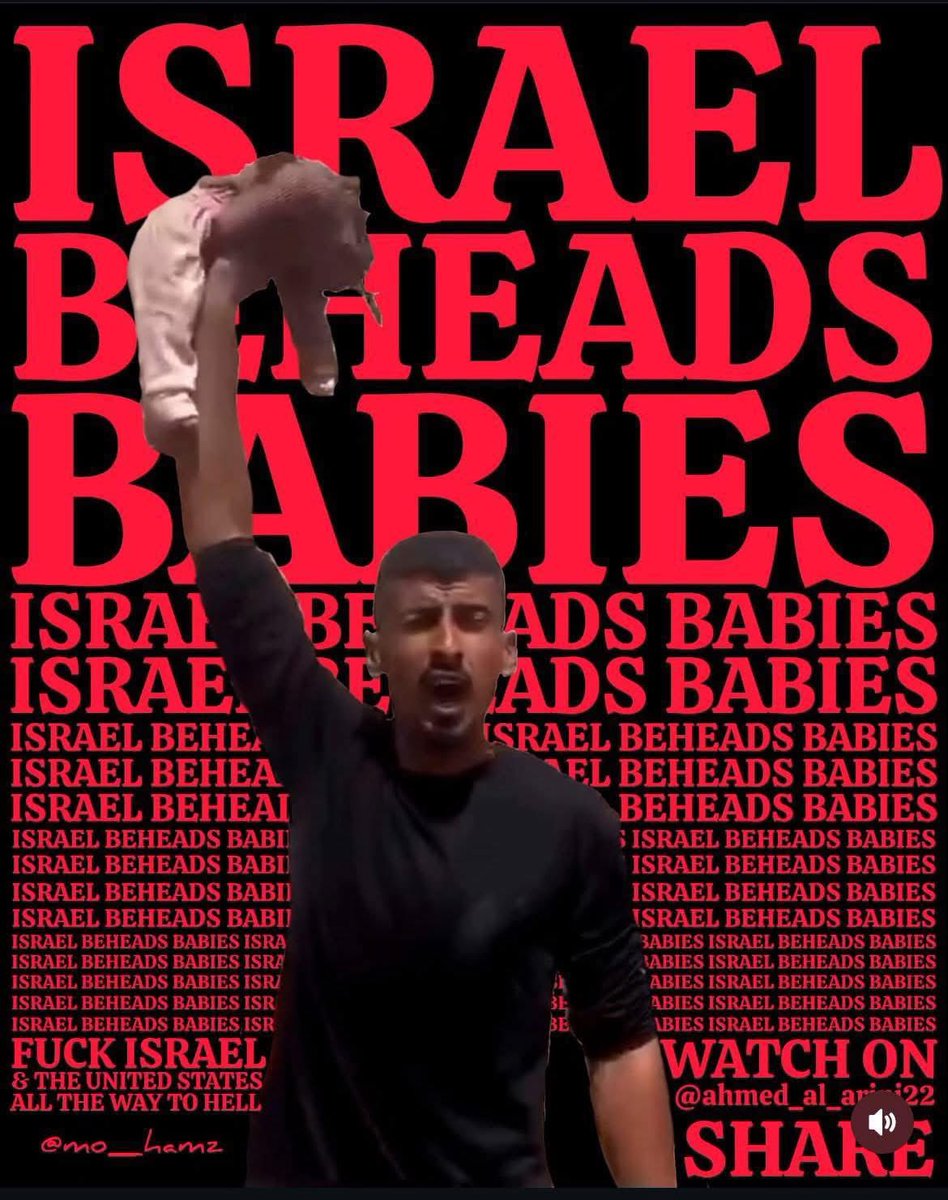Houthi Ballistic Missile Lands in Tel Aviv as Israelis Flock to Shelters
The Yemeni Houthi group announced, Monday, its forces attacked a military target in the Jaffa (Tel Aviv) area in central Israel with a hypersonic ballistic missile.
News of the attack is trending on the social media with many Israelis going back to underground bunkers for safety as the Kan, the Israeli Broadcasting Authority confirmed the missile launch that landed in the Tel Aviv area.
The launch of the missile was made in a televised statement read by the group’s military spokesman Yahya Saree, which said the group’s missile force “targeted a military target of the Israeli enemy in the occupied Jaffa area (Tel Aviv) with a hypersonic ballistic missile of the Palestine 2 type.”
The Houthi spokesman added that “the operation achieved its goals successfully,” without providing further details.
Saree vowed that the group’s forces “will continue to carry out their military operations and strike all targets belonging to the Israeli enemy in the occupied territories, and these operations will not stop until the aggression on Gaza stops and the siege on the Strip is lifted.”
He continued: “Our forces, along with all the sons of the struggling Yemeni people, are ready to confront any Israeli-American aggression targeting Yemen, with more qualitative and effective military operations.”
Israel announced earlier on Monday it had intercepted a drone and a missile launched from Yemen.
In turn, the Israeli ambulance announced in a statement, Monday, five people were injured while heading to shelters in Tel Aviv and other cities and regions in the center of the country “after a missile was fired from Yemen.”
“In solidarity with the Gaza Strip,” which has been subjected to Israeli genocide with American support since 7 October, 2023, the Houthis have been targeting Israeli or related cargo ships in the Red Sea, the Arabian Sea, and the Indian Ocean with missiles and drones, and carrying out missile and drone attacks on Israel, including operations targeting Tel Aviv.
Since the beginning of 2024, a US-led coalition has been launching raids that it says target “Houthi sites” in various areas of Yemen, in response to its naval attacks, which has been met with a response from the group from time to time.

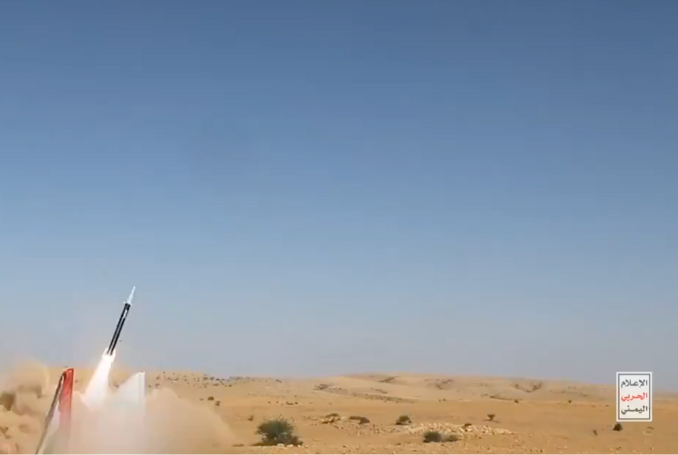

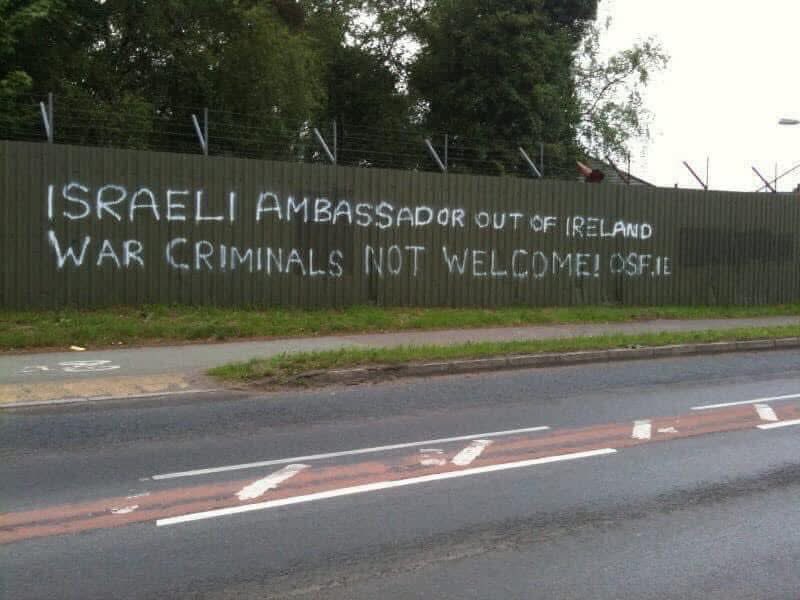
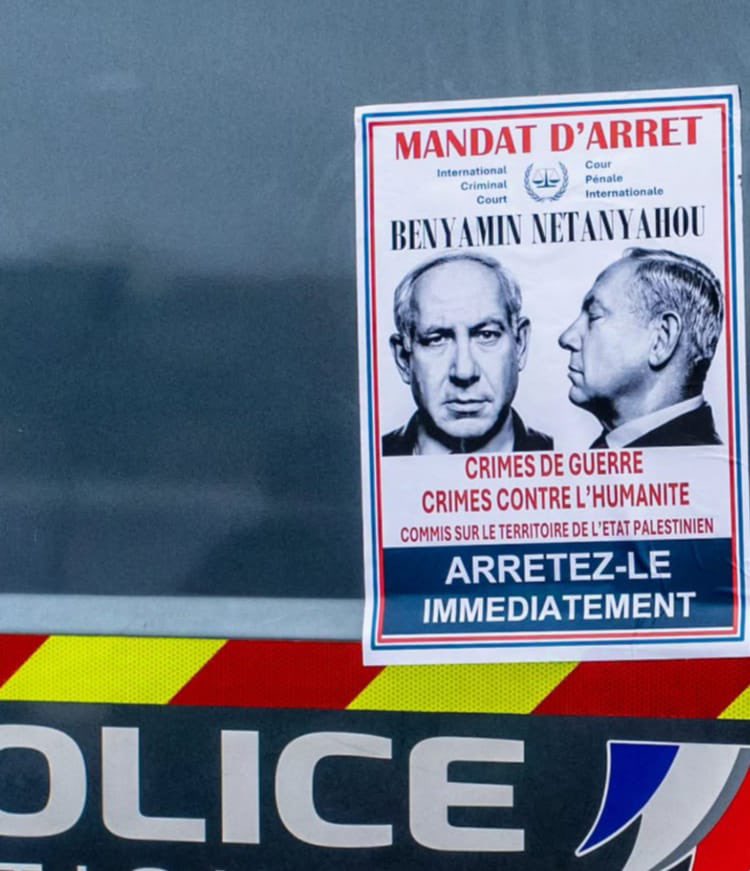
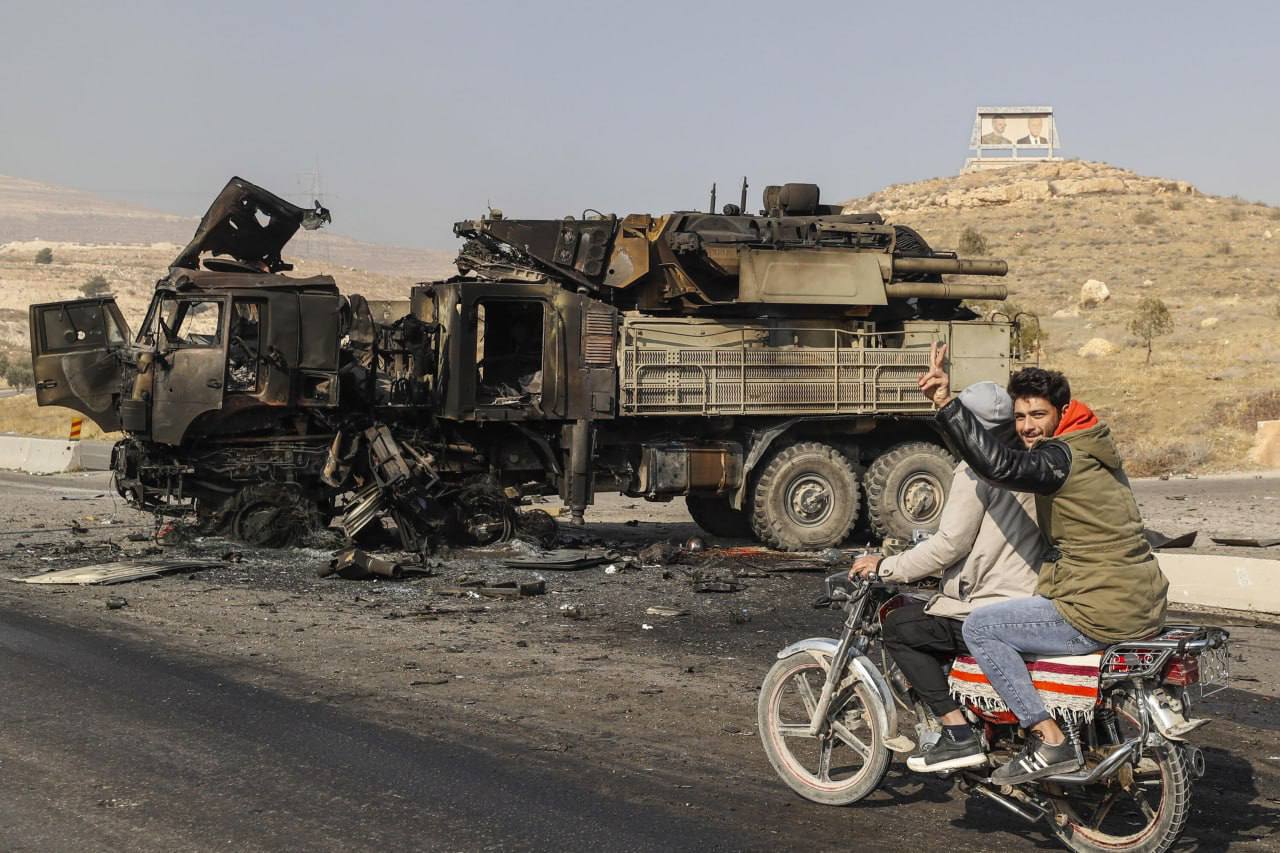

 Syria no longer has an Air Force or an Air Defense network, virtually all planes, helicopters and AD systems have been destroyed by over 300 Israeli strikes in the past 48 hours
Syria no longer has an Air Force or an Air Defense network, virtually all planes, helicopters and AD systems have been destroyed by over 300 Israeli strikes in the past 48 hours 

